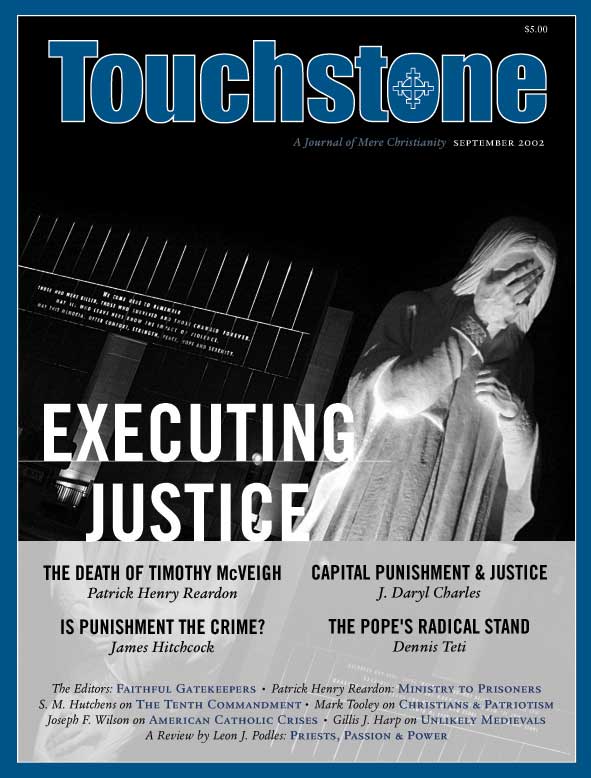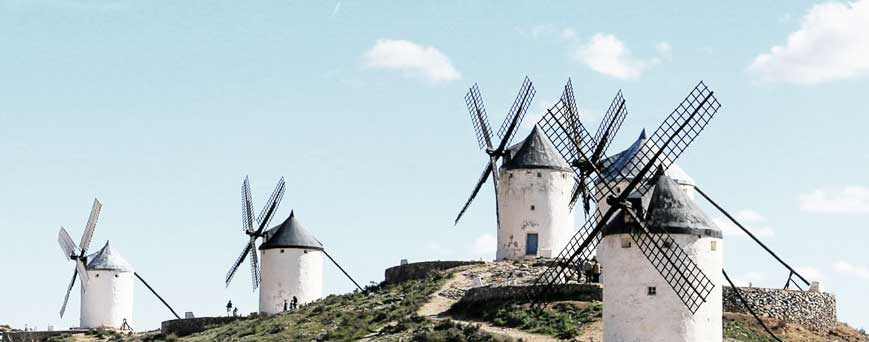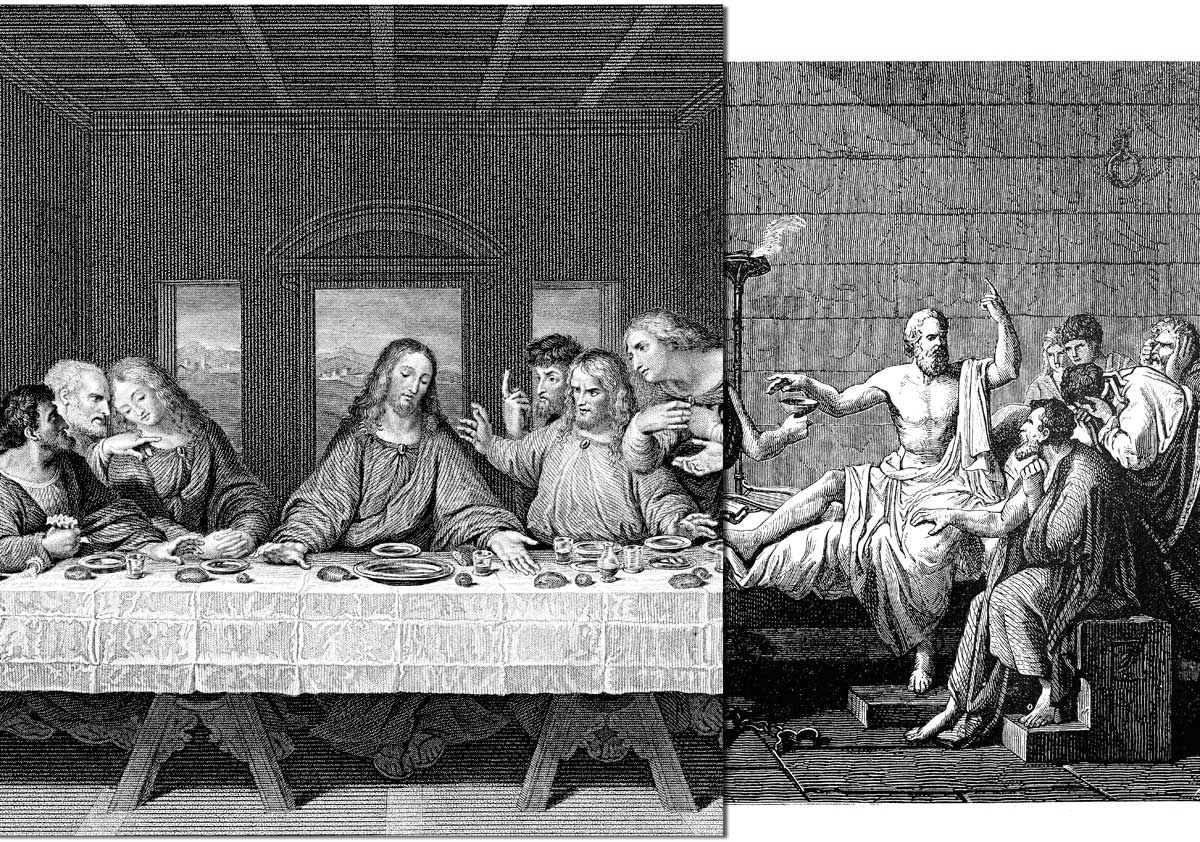Flagging Patriotism
Mark Tooley on Christians & Love of Country
A United Methodist bishop recently wrote a column expressing some reservations about the revived popularity of the patriotic hymn “God Bless America.” “Prayer for God’s blessing is presumptuous when we expect God to bestow blessings in accordance with national boundaries and preconceived notions,” he wrote. “To seek God’s blessings for America and not for the world fails to recognize the wideness in God’s mercy and the expanse of God’s love.”
“God Bless America . . . and the World,” was the column’s headline. I was tempted to wonder why the bishop had limited God’s blessings to one small planet. Shouldn’t he have retitled the hymn “God Bless the Universe”? During a recent meeting of the United Methodist Council of Bishops, the same bishop expressed concern about the “idolatrous” forms of patriotism that were cropping up in United Methodist churches. He is not alone among mainline church leaders who are uncomfortable with American patriotism.
Since the atrocities of September 11, I have attended numerous mainline church agency meetings. The visual contrast between these gatherings and the scene around the rest of the country is striking. Everywhere else, I have seen the American flag proudly flying from houses, bridges, and cars. But at all of the national church agency meetings I attended this fall, involving several hundred denominational leaders, I saw only one individual who displayed a flag. This absence of patriotic symbols cannot be attributed to any kind of aversion to adorning one’s body with political messages. I have often seen mainline church officials festooned with Children’s Defense Fund ties, AIDS ribbons, and buttons expressing solidarity with countless oppressed peoples around the world.
The sentiments expressed at these ecclesial gatherings of course included sympathy for the victims of September 11. There was plenty of talk about pain, anguish, mourning, and fear. “Tragedy” was the recurring word. There was also some overt criticism of the United States, but more commonly, there were vague references to “root causes of terrorism,” with the strong implication that the United States must have committed terrible misdeeds to have earned such hatred.
But overall, the emotional tenor was restrained, almost dispassionate. Either the mainline leaders did not perceive a direct assault upon their own nation and its people, or they felt no outrage about it. Perhaps some did feel some anger as Americans, seeing their country so wounded, but they may have sensed that any expression of such anger would not have been appreciated.
Uneasy with Love
Why is there such unease, if not distaste, with the notion of love of country among mainline church leaders? (There exists a similar problem among some left-of-center Evangelicals and Catholics. But their reasons are different, and merit a separate treatment.) I do not think mainline leaders are uneasy with patriotism because they are so heaven-minded that they disdain any thought of earthly ties. Generally, they are not hermits. Most of them are profoundly involved in the affairs of the world, and they speak passionately of their desire to achieve “justice” in many situations.
I think they are uneasy with patriotism for two reasons. First, many are distressed by the alleged “idolatry” of patriotism. How can we seek God’s blessings particularly for our own nation, they ask, when God loves the whole world? But no serious Christian believes that God confines his love to particular nation-states. Most Christians do understand, however, that God ordains and blesses the special bonds of love that tie Christians and all people to their families, their churches, their friends and communities, and their nations. St. Paul warned that a person who professes to be a Christian but fails to look after his own kindred is worse than a heathen.
We are commanded, as Christians, to love humanity. But that love has little substance unless it begins with the particular love that we can express towards those with whom we have the most immediate contact. As finite humans, we cannot abstractly love every one of the earth’s creatures with absolute equality. Only a transcendent God can achieve such wideness. And even he forges special bonds of love, with his Son and with his Church.
Mark Tooley directs the United Methodist committee of the Institute on Religion and Democracy (www.ird-renew.org) in Washington, D.C.
subscription options
Order
Print/Online Subscription

Get six issues (one year) of Touchstone PLUS full online access including pdf downloads for only $39.95. That's only $3.34 per month!
Order
Online Only
Subscription

Get a one-year full-access subscription to the Touchstone online archives for only $19.95. That's only $1.66 per month!
bulk subscriptions
Order Touchstone subscriptions in bulk and save $10 per sub! Each subscription includes 6 issues of Touchstone plus full online access to touchstonemag.com—including archives, videos, and pdf downloads of recent issues for only $29.95 each! Great for churches or study groups.
Transactions will be processed on a secure server.
more from the online archives

11.5—September/October 1998
Speaking the Truths Only the Imagination May Grasp
An Essay on Myth & 'Real Life' by Stratford Caldecott
calling all readers
Please Donate
"There are magazines worth reading but few worth saving . . . Touchstone is just such a magazine."
—Alice von Hildebrand
"Here we do not concede one square millimeter of territory to falsehood, folly, contemporary sentimentality, or fashion. We speak the truth, and let God be our judge. . . . Touchstone is the one committedly Christian conservative journal."
—Anthony Esolen, Touchstone senior editor









